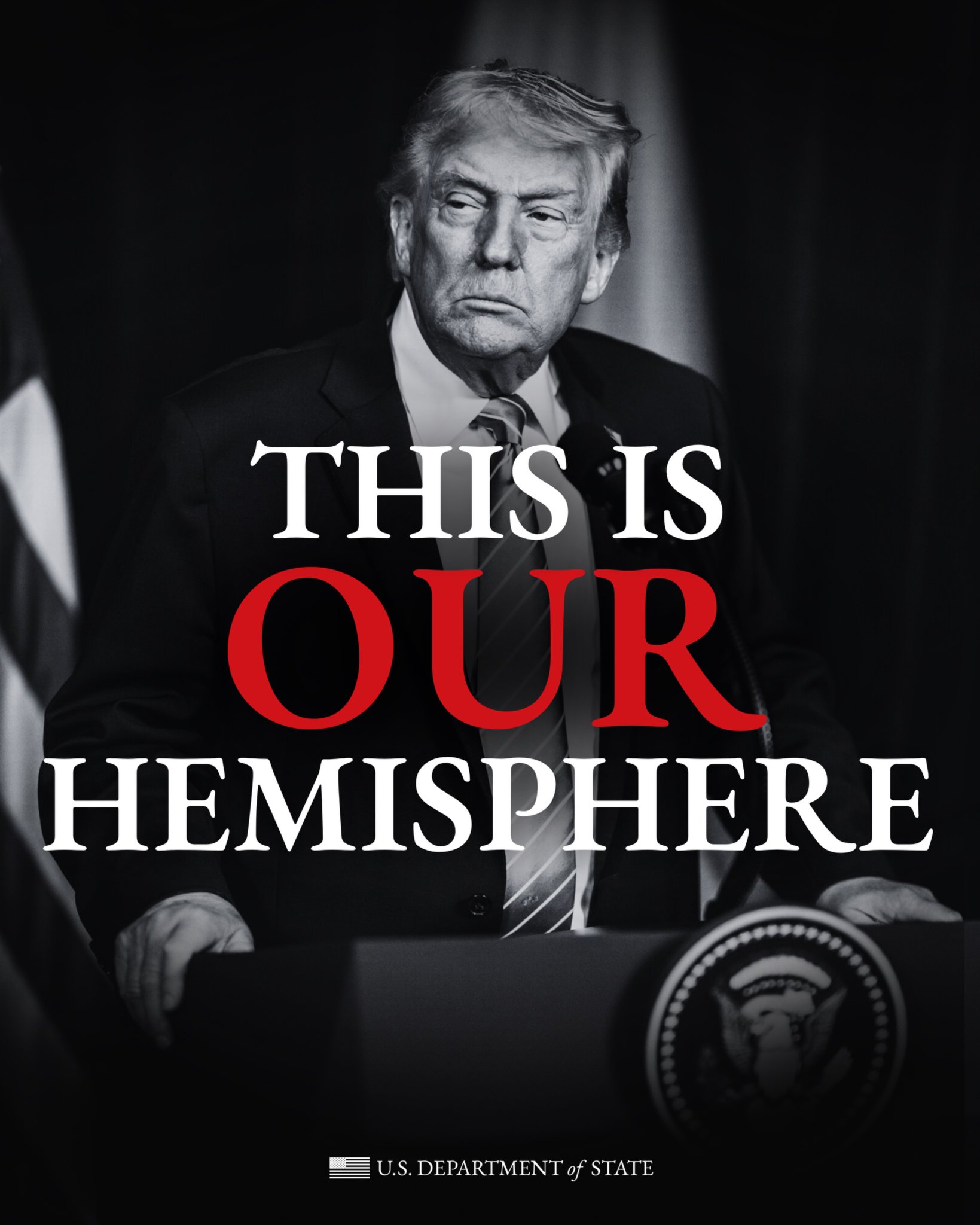This Week in the Americas
Mexico’s Immigration Problem Also a "Red Flag" at Home
By Laura Carlsen
Illegal immigration is not a problem that will go away as long as it’s considered a problem. The problem is not people looking for work—people will always look for a way to feed their families and cannot be deterred from that. It’s jobs. The Calderon and Bush governments are spending millions each year on security forces, monitoring, detention, and deportation of immigrants. Many keep coming back, not because they’re recidivist lawbreakers, but because they don’t have options in their home countries.
Unless Mexico, the United States, and Central American countries form an effective regional employment strategy that includes a review of trade polices that lead to displacement, the human rights crisis for immigrants will continue to go from bad to worse.
Laura Carlsen (lcarlsen(at)ciponline.org) is director of the Americas Policy Program (www.americaspolicy.org) in Mexico City, where she has been a writer and analyst for more than two decades.
See full article online at:
http://americas.irc-online.org/am/5713
New from the Americas Policy Program
Immigrants Drive Prison Profits
By Tom Barry
Immigrants are behind one of America’s fastest growing, most profitable industries. That shouldn’t come as a surprise. Immigrants have always been a core factor in U.S. economic development. At a time when the economy is imploding, most industries are shedding immigrants. The private prison industry, however, is booming, largely because of the ever-increasing supply of immigrants supplied by the federal government.
Tom Barry directs the TransBorder Project of the Americas Policy Program (www.americaspolicy.org) at the Center for International Policy in Washington, DC. He blogs at http://borderlinesblog.blogspot.com/.
See full article online at:
http://americas.irc-online.org/am/5705
The WTO and Other Trade Tales
By Raj Patel
The Doha round of talks isn’t quite healthy and robust. But it never died either. The language of life and death obscures what the negotiations represent. The talks themselves are a battle-line in the long diplomatic trench warfare of economic powerplay between newer and older capitalist nations, where different blocs win and lose ground, but the poor are consistently marginalized, consistently the victims.
While the battle-lines may shift a little, and occasional lulls may occur in the fighting, the talks can never die as long as the WTO exists. So next time you read a report that the WTO trade talks are dead, just remember: there’s always a sequel.
Raj Patel’s most recent book is Stuffed and Starved. He blogs at http://stuffedandstarved.org/drupal/blog/1 and is an analyst for the Americas Policy Program (www.americaspolicy.org).
See full article online at:
http://americas.irc-online.org/am/5714
Pain and Protest on the Day of the Butterflies: Violence Persists Against Women in Mexico
By Frontera NorteSur
In Mexico more than 200 women’s and human rights activists kicked off a cross-country caravan in Ciudad Juarez to protest against femicide and ongoing violence in all its forms against women.
Initiating their action at the monument to murdered women situated at the foot of the Santa Fe Bridge on the Mexico-U.S. border, the women’s activists embarked on a week-long journey to the state of Chiapas on Mexico’s southern border. Along the route, caravan participants plan to meet with the widows of the Pasta de Concho miners killed in 2006, as well as survivors of violent government crackdowns in San Salvador Atenco and Oaxaca the same year.
Frontera NorteSur (FNS): on-line, U.S.-Mexico border news from the Center for Latin American and Border Studies, New Mexico State University in Las Cruces, New Mexico.
Read the full article online at:
http://americas.irc-online.org/am/5710
Colombia: Social Conflict Replaces Warfare
By Raúl Zibechi
Social conflict has overtaken the center of the political stage, displacing President Alvaro Uribe, who merely repeats the script that brought him so much success in the war: the Indians, sugarcane workers, teachers, government workers, truckers, and anyone else who protests and mobilizes is being manipulated by the FARC guerrillas.
Raúl Zibechi is international analyst for Brecha of Montevideo, Uruguay, lecturer and researcher on social movements at the Multiversidad Franciscana de América Latina, and adviser to several social groups. He is a monthly collaborator with the Americas Policy Program (www.americaspolicy.org).
See full article online at:
http://americas.irc-online.org/am/5725
UNASUR Puts Out its First Fire in Bolivia: Brazil Makes the Difference
By Raúl Zibechi
Brazil’s active intervention to de-escalate the Bolivian conflict went beyond rhetoric and statements, showcasing its diplomatic style and the goals of a great power that managed, in a single move, to curb imperialistic ambitions "in its own backyard" and isolate attempts to heighten tension in the region.
Raúl Zibechi is international analyst for Brecha of Montevideo, Uruguay, lecturer and researcher on social movements at the Multiversidad Franciscana de América Latina, and adviser to several social groups. He is a monthly collaborator with the Americas Policy Program (www.americaspolicy.org).
See full article online at:
http://americas.irc-online.org/am/5721



